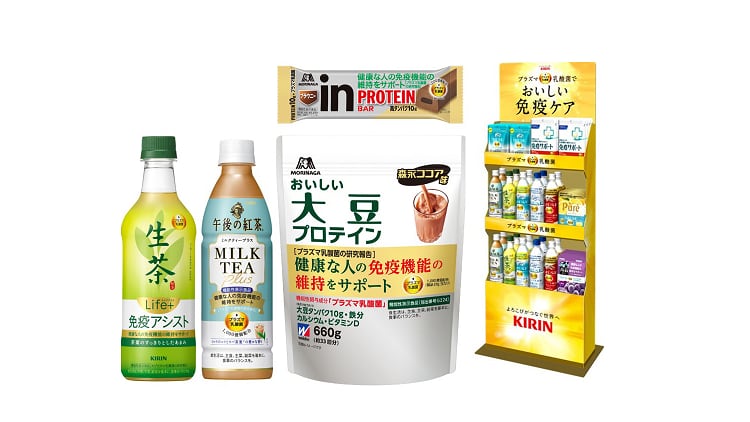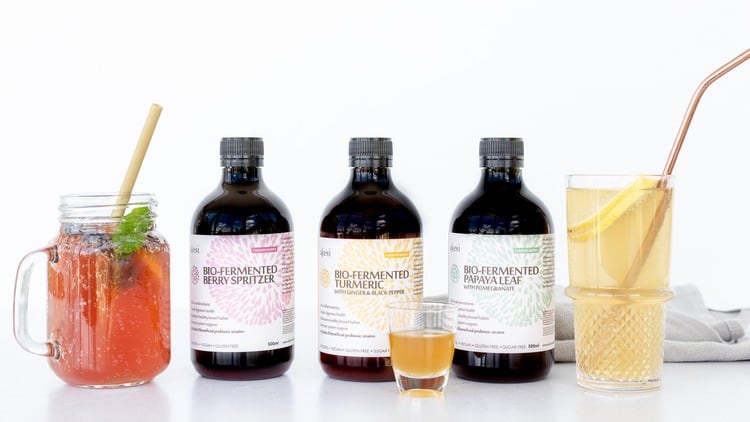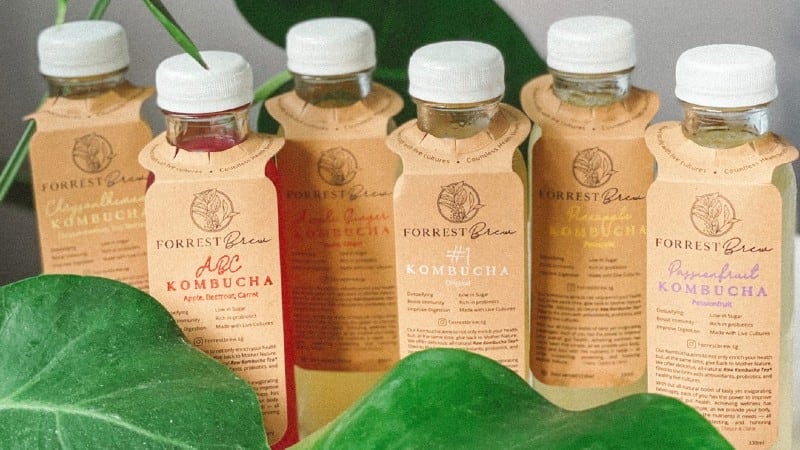Immune health, fat control, stress and sleep support FFCs took the lion share of the market in FY21, according to an analysis by Japan nutraceutical and cosmetics consultancy firm Smooth Link Inc.
Sales of immune health related FFC had increased 7.4 times as compared to FY20, achieving sales of JPY12.5bn. Sales of fat control and stress and sleep support FFCs grew by 23.8 and 47.8 per cent respectively, according to the analysis.
Notably, Kirin has been dominating the immune health FFC with its flagship ingredient LC-plasma, which was the only ingredient recognised by Japan’s Consumer Affairs Agency (CAA) – the authority overseeing FFC applications.
Since then, LC-plasma has been incorporated into Kirin’s and other brands’ FFC consumer products.
“Immune health claims were considered more difficult to claim than other health functions, because immunity is treated as a function closely related to medicine and pharmaceuticals, and not just a physiological function affected by the diet.
“The acceptance of the first notification for immunity by Kirin has had a significant impact on the health industry…Kirin has been actively pushing the use of the ingredient in in-house products and selling it to other companies as an ingredient,” said Hisaaki Kato, president of Smooth Link Inc in the analysis.
Despite the difficulty, Kato believes that there will be more ingredients approved for FFC use eventually.
“In September last year, the Japan Anti-Ageing Foundation had prepared guidelines on the concept for evidence claiming "maintenance of immune function" as FFC. However, to date, no additional active ingredients [for immune claims related FFC] have emerged,” Kato said in the analysis.
He told us that Kirin’s LC-plasma was accepted as an immune health ingredient for FFCs in 2020.
“Although the CAA has not disclosed the reason for accepting Kirin's notification on immune support, Kirin is said to have been able to show precise functionality on how the ingredient works on pDC (plasmacytoid dendritic cells), the key feature of the immune system, and helps maintain immune function in healthy people,” he said.
LC-plasma sales
Beverages containing LC-plasma saw their sales volume went up by 40 per cent in January to May to 2.6 million boxes, latest information from Kirin has shown.
To date, Kirin has launched six different types of FFC beverages containing LC-Plasma.
They are 1) Kirin iMUSE Morning Immune Care 2) Kirin Afternoon Tea Milk Tea Plus 3) Kirin Nama-cha Life Plus Immune Assist 3) Kirin iMUSE Lemon 4) Kirin iMUSE water 5) Kirin iMUSE yogurt flavoured drink.
Kirin iMUSE Morning Immune Care is also available in a six-bottles carton.
This product, which comes in 100ml bottles, is said to be popular among women in their 30s to 50s.
“By launching this product as a chilled beverage and in 100-ml bottles, we believe that this has led to the acquisition of new customers. Also, about 50 per cent of the consumers bought the product not only for themselves, but also for someone else, such as their family members,” the company said.
Kirin has also launched LC-plasma in supplement forms, as well as collaborating with other brands to sell FFC containing the ingredient.
Cognitive claims under fire
On the other hand, FFCs claiming cognitive functions have been increasing over the years, but the CAA is also keeping a close watch on how companies advertise such products.
In FY21, 397 FFCs claiming cognitive function have been accepted by the CAA and 223 were sold in the market.
During this period, 131 products were brought to the attention of CAA for making claims that have deviated from what was originally submitted to the CAA. A total of 151 companies were involved, according to the analysis by Smooth Link Inc.
As such, the CAA has put up notices to warn consumers of FFCs making problematic cognitive health related claims.
"There are no supplements or specific foods that have been proven to treat or prevent memory loss or dementia. Please be aware of this.
“FFCs related to cognitive function are available, but the scope of the target population and the content are limited. Please carefully check the contents of advertisements and health claims to ensure that the food suits you,” the CAA said in the notices.





